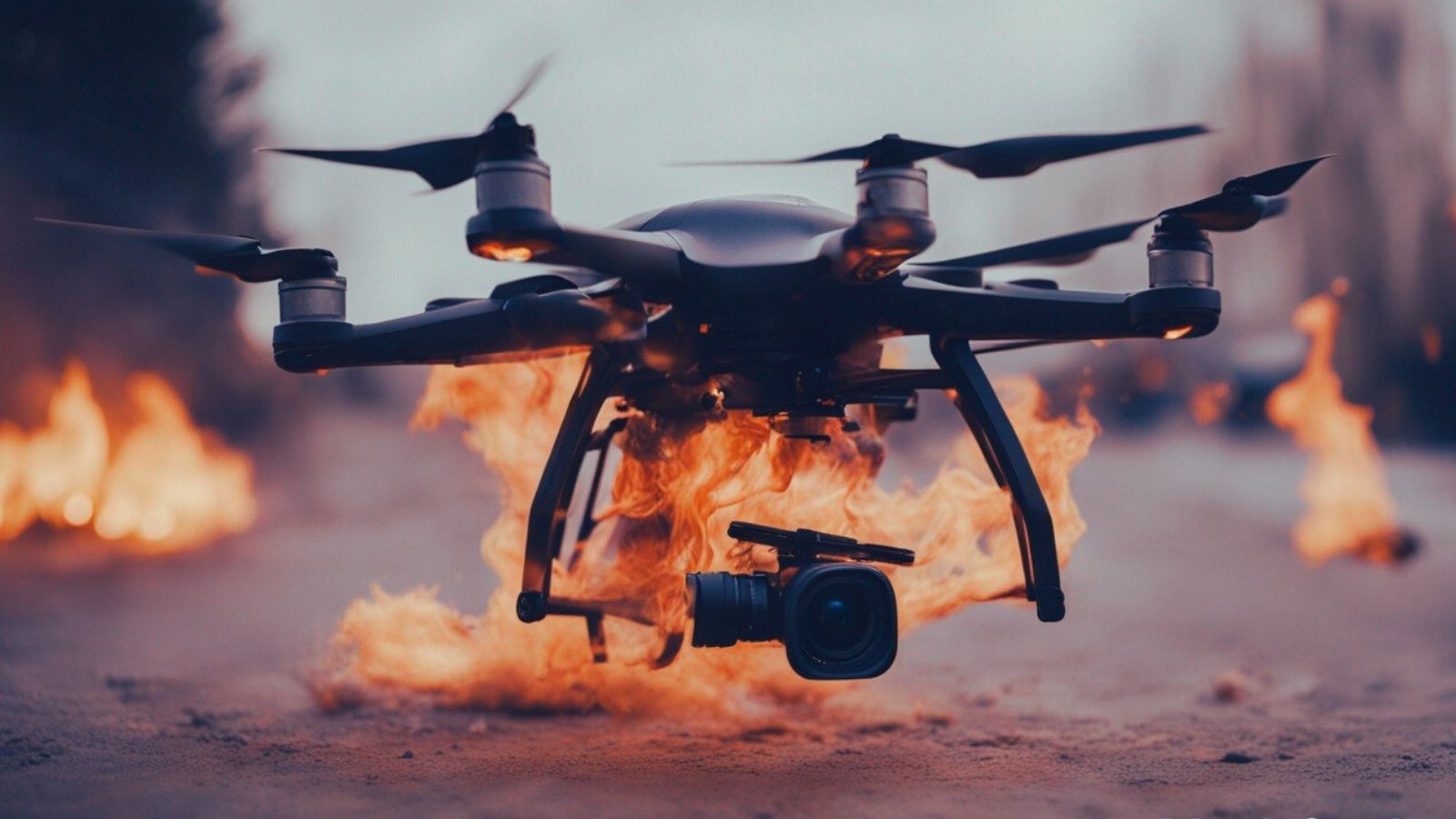
Google Assistant Will Return to Eavesdropping You, but With Your Permission
- Google says they will make opting in their audio recording program optional.
- The setting will be “off” by default, but those who want better voice recognition will have to activate it.
- Google also promises to reduce the length of the recordings and remove all connections to the associated account.
After the revelations in July about how Google Assistant-powered devices are silently recording us, the tech giant decided to pause the program. This was the first revelation that involved human language reviewers getting to listen to the recorded snippets, raising privacy risks, and privacy invasion issues. This was quickly followed by similar stories that surfaced for Amazon, Microsoft, and Apple, who all followed comparable practices, allegedly in order to improve their AI. After some time has passed and the dust has settled, Google announced that the program will get restarted.
This time, however, Google will ask for your permission to record your conversations and then use them to improve the quality of their AI. The new policy that was laid out by Nino Tasca in a recent blog post will set the default setting of the Assistant to “do not record audio”. The Senior Product Manager of Google Assistant goes on to explain that this won’t affect the ways through which the AI will be able to help you. If you want it to recognize your voice among that of others though, you will have to opt into the audio data recording (Voice & Audio Activity – VAA).
If you try to change this setting (VAA), Google will highlight the fact that this action will result in human reviewers listening to audio snippets that come from your device. If the user activates the VAA setting, the Assistant will only record 0.2% of the vocal interaction and will send this to language experts without any data about the user account, device ID, etc. In addition to this, the Assistant will now be able to tell if it was activated accidentally, and it will immediately delete any audio that may have been recorded. In general, Mr. Tasca says that the Assistant will now get a lot less sensitive to the “Hey Google” command.
As we have seen in a recent report by Capgemini, people have trouble trusting voice assistants, but they are still buying smart speakers. As the number of AI-enabled devices increases, so are the risks of being eavesdropped, either by the manufacturers of these devices or by hackers. That said, dealing with this emerging problem should be a matter of national privacy protection organizations who should carry out thorough studies on what data is recorded and how it’s used.
Are you planning to trade off whatever privacy risks for better voice recognition capabilities? Let us know where you stand in the comments down below, or on our socials, on Facebook and Twitter.






